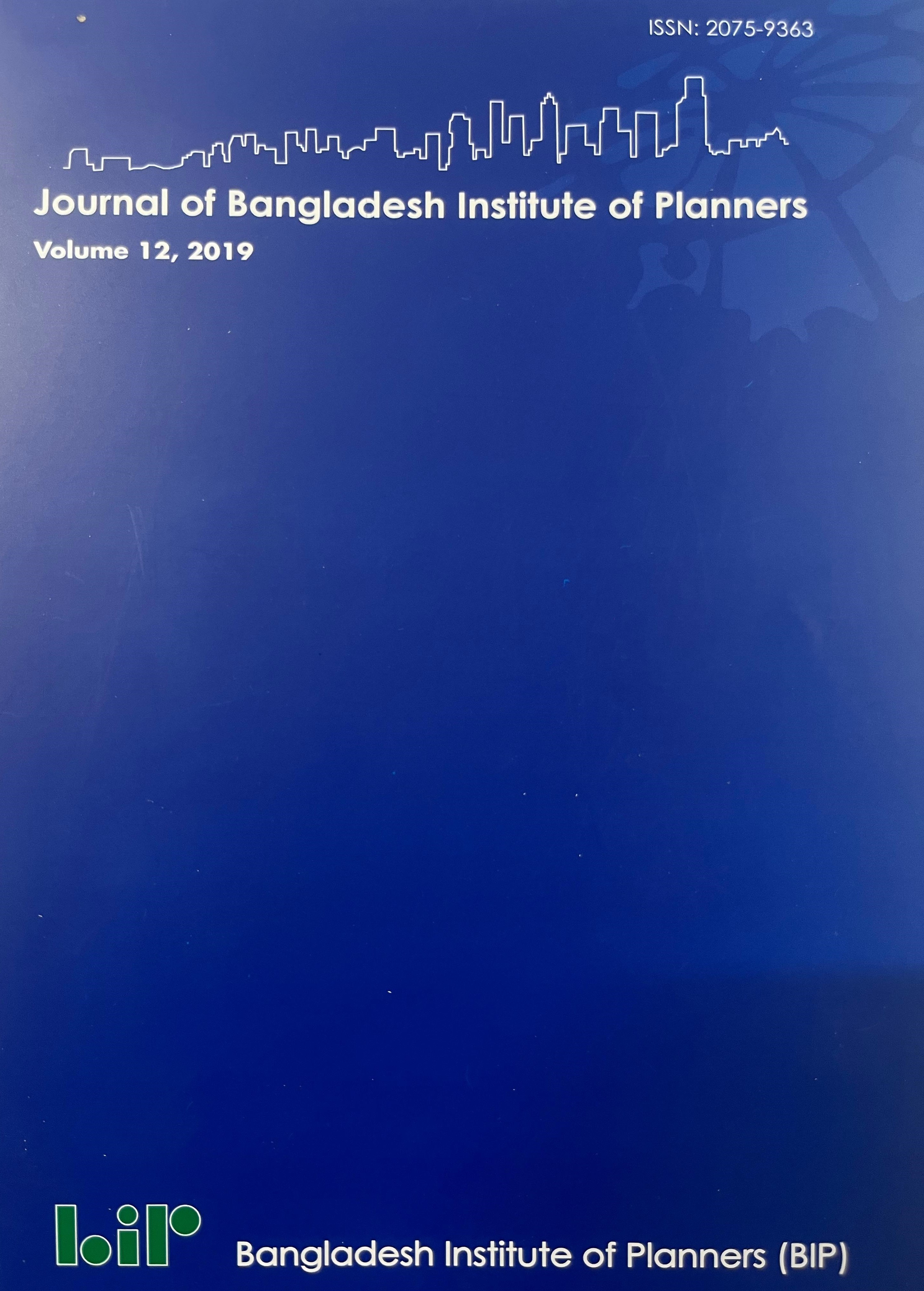Sustainable Municipal Solid Waste Management in Dhaka City: Challenges and Issues
DOI:
https://doi.org/10.3329/jbip.v12i1.76796Keywords:
Solid Waste ManagementAbstract
Improvement of the current solid waste management system is one of the main challenges for most of the municipalities in Bangladesh, especially for Dhaka city. Currently, large quantities of solid waste in Dhaka city are being dumped in informal or formal but unsanitary dump sites that threaten the general public health and ecological environment. Since the current solid waste management system mainly depends upon landfilling and open dumping without any source separation at the household level, it is necessary to introduce a new integrated system that will take into account the current situation in the city as well as the obligations as set out by the legal framework for waste management in the country. The study is mainly done based on secondary data analysis and literature review and reveals that only an integrated solid waste management system developed considering the local situation and caracteristics of the waste generated in the city can be an effective solution starting from source segregation to composting of organic waste. Producing refuse-derived fuel (RDF) using non-compostable high calorific value waste can be useful to reduce a substantial amount of landfill load of the city.
JBIP, Vol. 12, 2019 (Printed in June 2020), pp. 97-107
Downloads
219
141




